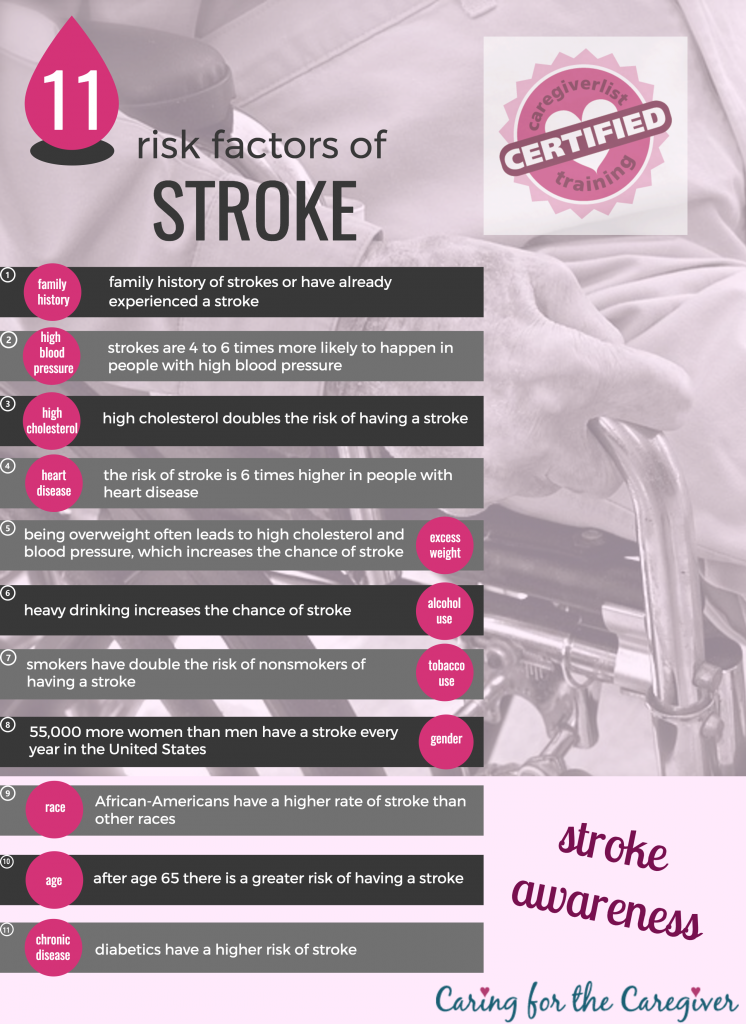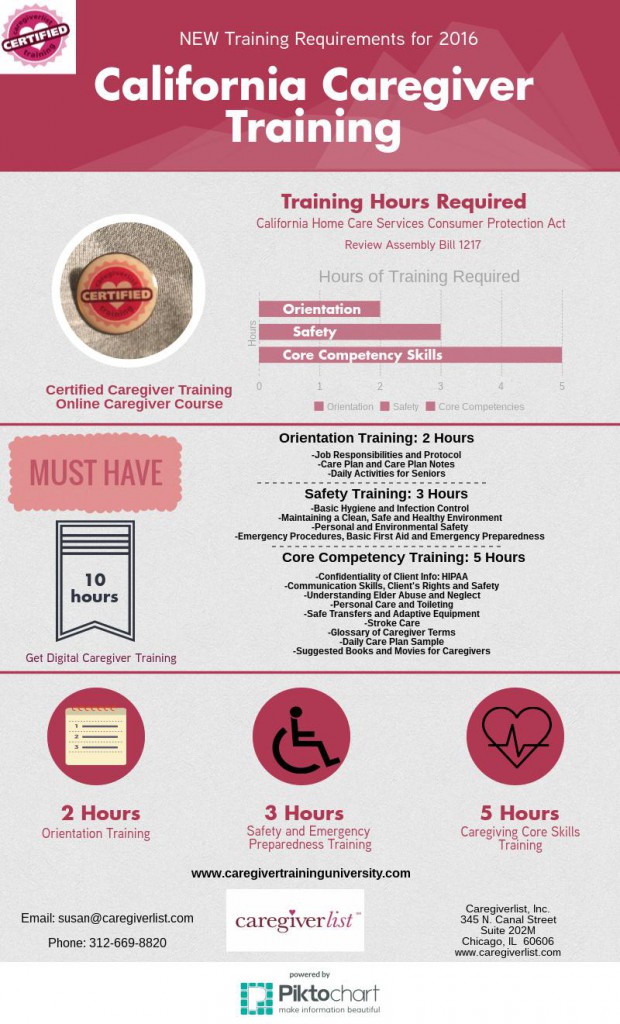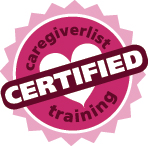Senior caregivers may consider becoming a Certified Nursing Aide, or C.N.A. (also sometimes called a Certified Nursing Assistant). Federal legislation mandates a minimum of 75 hours of training for an individual to be tested and officially receive “certification” as a nursing aide. States can pass additional legislation to require more than 75 hours.
C.N.A. training hours by state can be found on Caregiverlist and it seems many states require 120 hours of classroom training. Students also shadow a working C.N.A. at a licensed care facility for what is called “clinical training” as part of their nursing aide course education.
Nursing homes, hospitals and other care facilities must maintain a minimum number of C.N.A.’s on staff at all times in order to stay in compliance with their licensing. This is because nursing assistants really do provide the “hands-on care” and make the caregiving happen in the hospital, nursing home and rehab facility.
How do you become a certified nursing aide?
Find C.N.A. Schools in your area and request a complimentary admissions application (do not pay for these ever as you are the schools customer and the applications are free). Part of the admissions process includes financial aide assistance and sometimes employers will reimburse you for the tuition .
Do not over pay for your C.N.A. school tuition – request free C.N.A. school applications to shop around.
Research C.N.A. school costs in the Caregiverlist C.N.A. School Cost Directory and begin the next step in your professional caregiving career. Apply for a Caregiving job to place into action the skills you are learning while in C.N.A. school as companion caregiving requires a caring, dependable and trustworthy personality and the care company will provide you with basic training for each client.
Take a Sample C.N.A. Exam and explore online caregiver training as you prepare your caregiving career plan.






